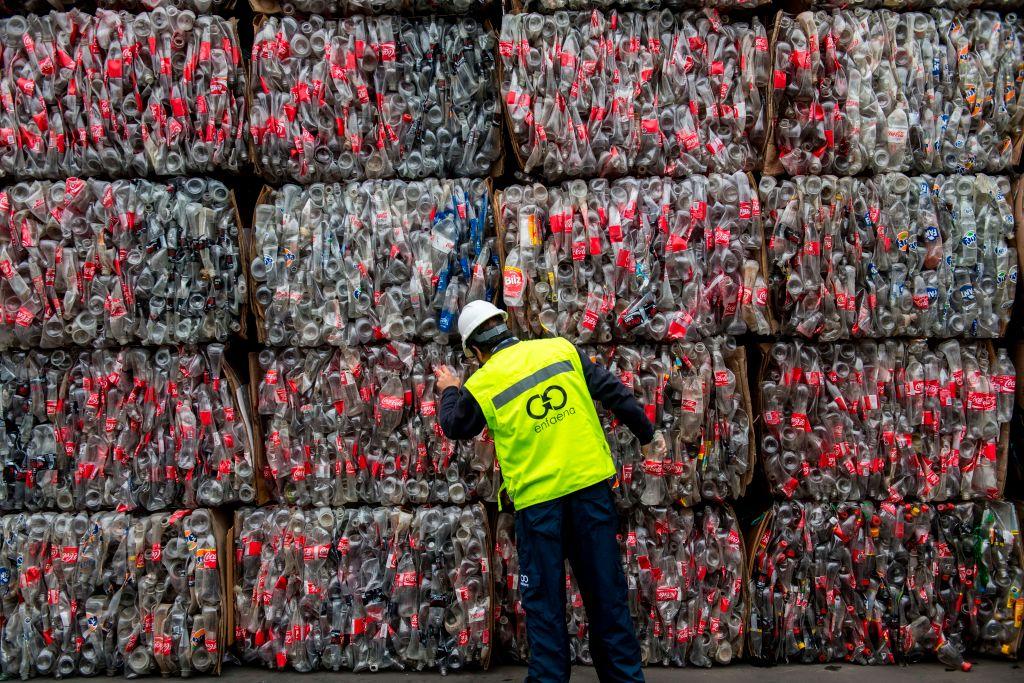In the circular economy, there are words, and there is action.
“There’s definitely no shortage of ideas out there ... there’s a million of them,” supply chain specialist Chris Collimore says.

In the circular economy, there are words, and there is action.
“There’s definitely no shortage of ideas out there ... there’s a million of them,” supply chain specialist Chris Collimore says.